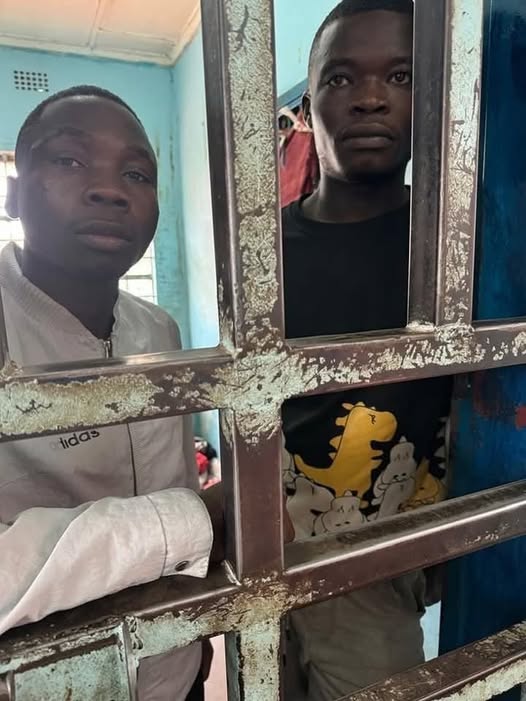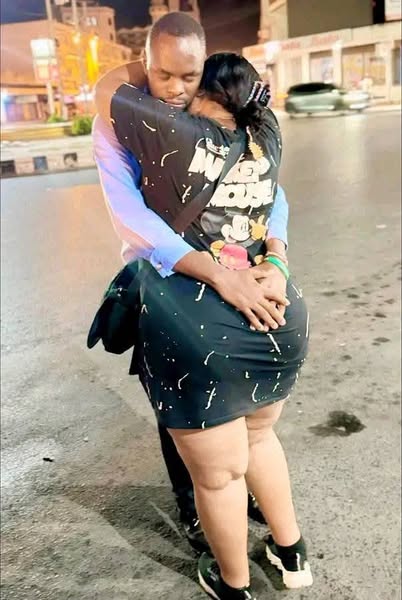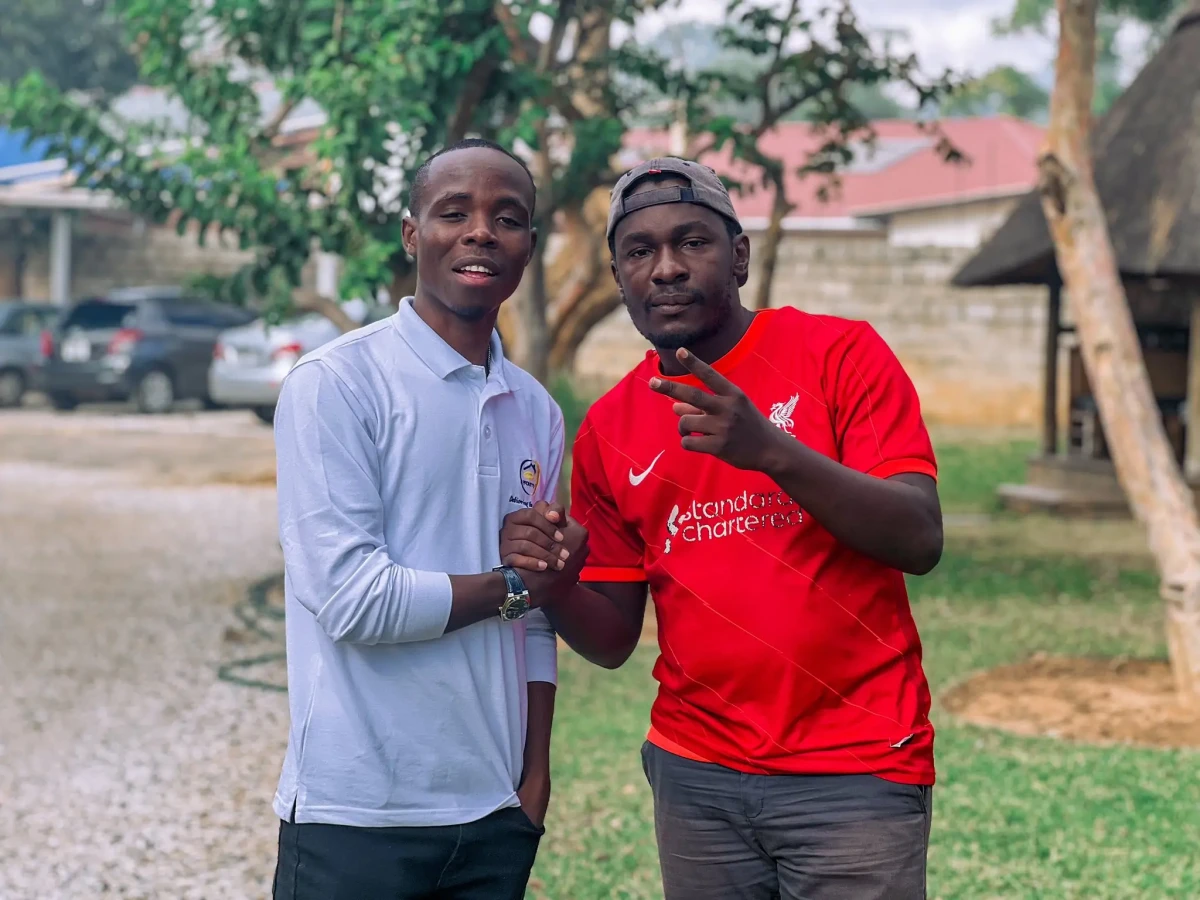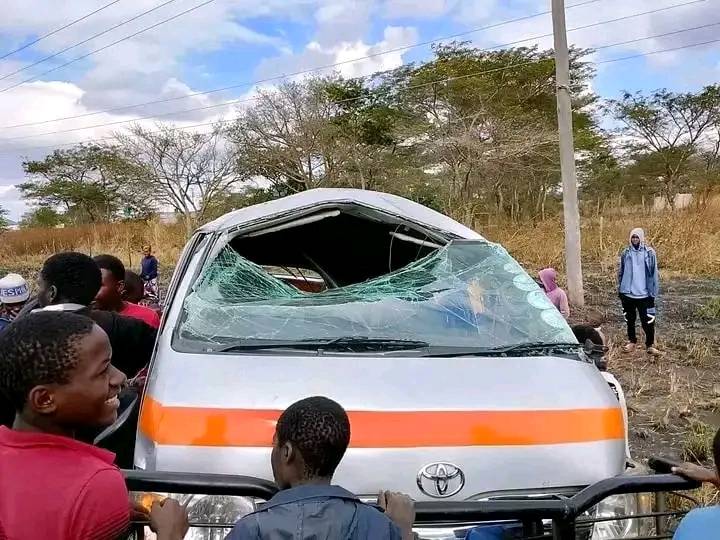THE insulting Kaumba brothers have asked the Court to transfer their criminal case to their home town on the Copperbelt so that they can be tried from there.
Meanwhile the Lusaka magistrates court has declined to transfer their use of insulting language case to the High Court, for a determination on whether freedom of expression can be curtailed based on the reaction of an individual.
Magistrate George Njobvu has ruled that he will proceed to hear the case as there’s no constitutional question that needs to be determined by the Lusaka High Court.
Elijah and Enerst Kaumba of Kalulushi on the Copperbelt are in court for insulting President Hakainde Hichilema on social media.
The two Kalulushi brothers of Kalulushi who were agonized with hardships, between August 1 and September 30,2024 allegedly decided to vent out on TikTok by uttering derogatory remarks against the Head of State among them; referring him to a canine, whilst expressing regret for having voted for him in the last election.
Their lawyer, Makebi Zulu made an application for a constitutional reference to the High Court for a determination on whether Section 179 complies with article 11 paragraph (b) of the constitution which guarantees freedom of expression.
“Language is used to express onself. I remember when I was young and did wrong, I was told wembwawe nalakuma (you dog I will beat you).
Language evolves with time and what may be insulting to the other might not be insulting to another. It’s dependent on the reaction of a person evoked by the words used,” he said.
“If I have the right to say something you tell me I can’t say it, it’s infringing on my very right to say it. Language evolves and in a democracy such as ours, is it reasonably justified that we should punish language and expression of dissatisfaction?”.
Zulu questioned whether it is reasonable in a democracy to hold opinions that others disagreed with, when the constitution says one can hold an opinion.
“Section 179 of the CPC (Criminal Procedure Code) seems to suggest if I hold an opinion and the next person may be caused to commit a crime, then am commiting an offence what should be punished is a person who actually commits a crime,”he said.
“The questions we have raised cannot be dealt with before you, those questions must be referred to the High court. This is not a frivolous application but an application to settle the law and enhance our democracy.”
He sought a determination on whether freedom of expression can be curtailed based on the reaction of another person.
State advocate Chisomo Sikanyika opposed the application saying it was frivolous and meant to delay the court process, because the issue of freedom of expression is settled.
She said freedom of expression is not an absolute right.
“My right and every other person’s right end where another person’s right begin. Referring another human being to a dog is very vulgar and must be condemned,” said Sikanyika.
“We will reach a situation where there will be lawlessness and people will think it’s right to be insulting one another at any time.”
Ruling on the matter magistrate Njobvu said he will proceed to hear the case and advised the defense team to raise the matter before the constitutional court.
Zulu made another application to have the matter transferred to the Kaumba’s home town in Kalulushi, where the offense was committed.
“The indictment, and the inquiry that was conducted by the arresting officer in this matter, shows that this matter or the offence was allegedly committed in Kalulushi, and as such the court should consider the jurisdiction in this matter,” said Zulu.
State advocate Chisomo Sikanyika opposed the application saying the offense was committed in the cyberspace.
“This is a matter that was committed online, as per effect, it is the duty of the court to decide which court is vested on how to deal with this matter,” Sikanyika said.
In reply, Zulu said according to Section 69 and 70 of the Criminal Procedure Code (CPC), the fact that the offense was committed online does not imply that the court has jurisdiction.
“the law does not say that a person should be tried where the alleged offense is said to have happened, but the actual physical location which reflects to local limits of jurisdiction. And the local courts jurisdiction doesn’t include online,”he said.
“The local limits of this jurisdiction is in Lusaka district not lusaka province. This offence having been committed in Kalulushi, I ask this court to consider jurisdiction.”
Insulting Copperbelt brothers plead to go home













Leave a Reply